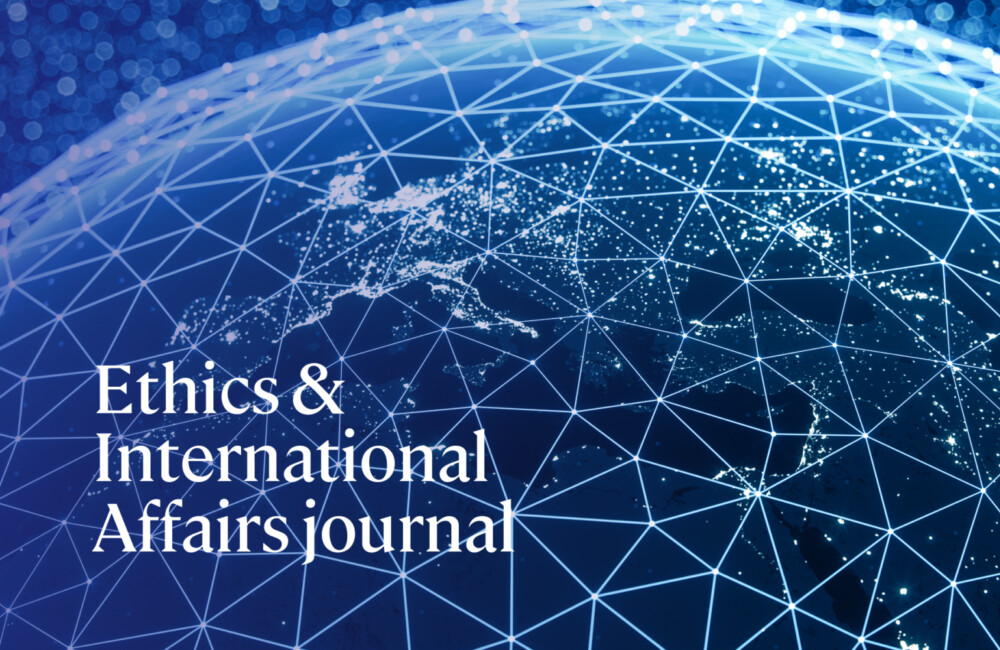Over the last couple of decades the question of the responsibilities of businesses operating in conflict environments has risen to greater prominence, both in academic and policy circles and in the wider public discussion. On the one hand, the political economy of internal armed conflicts has become central to analyses of the causes of conflict and to the design of prevention and resolution policies. On the other, the impact of business activities and working methods on human rights has become a new focus of widespread discussion—not only within companies, but also within and among NGOs, states, and international bodies—following a series of highly publicized campaigns and lawsuits against companies, such as Unocal and Freeport McMoRan. These two developments have encouraged a broad examination of the ways in which businesses can aggravate or even perpetuate armed conflict and thereby contribute to human suffering, as well as of what businesses might do to contribute to conflict resolution and thus of mitigate that suffering. Can current policy and legal responses make businesses part of the solution rather than part of the problem? And can companies be held accountable—socially, legally, or by some other means—for whatever negative actions they might have taken in situations of armed conflict? whatever negative actions they might have taken in situations of armed conflict?
To read or purchase the full text of this article, click here.


